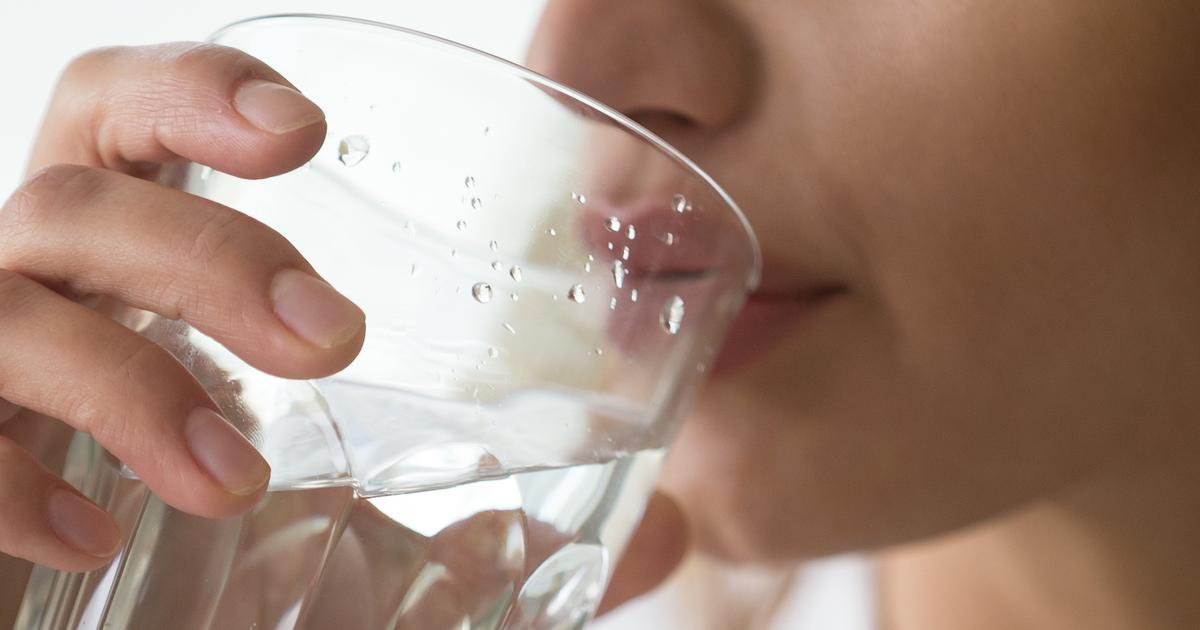Have An Overactive Bladder? You Aren't Alone And There Is Help
Treatment Options For An Overactive Bladder

The most effective treatments depend on the cause, type, length of time, and severity of the overactive bladder. Some options include bladder training (delaying urination, scheduling trips to the toilet, diet and fluid management, and using devices to help improve muscle control), physical therapy such as Kegel exercises and electrical stimulation, medications to help control or relax the bladder muscles, and medical devices. Some tips for helping manage incontinence include limiting the amount of fluid consumed, especially coffee and alcohol; urinating before bed and before any strenuous activity; wearing absorbent pads; losing extra weight, which can add pressure to the bladder; avoiding foods that might irritate the bladder, such as dairy, citrus fruits, chocolate, sugar, tea, and vinegars; and quitting smoking, as nicotine can damage the bladder and cause coughing.
